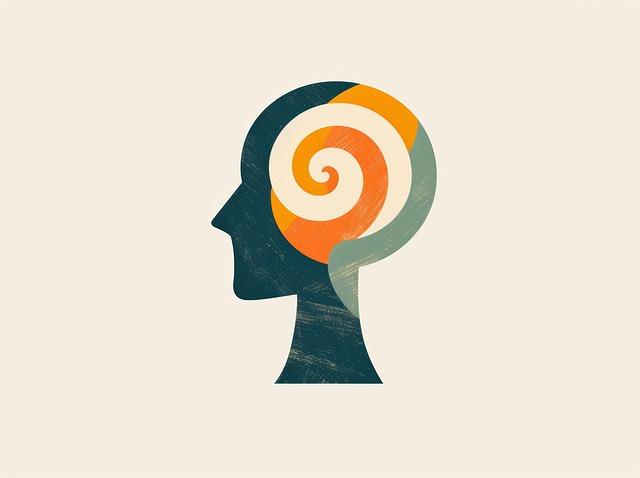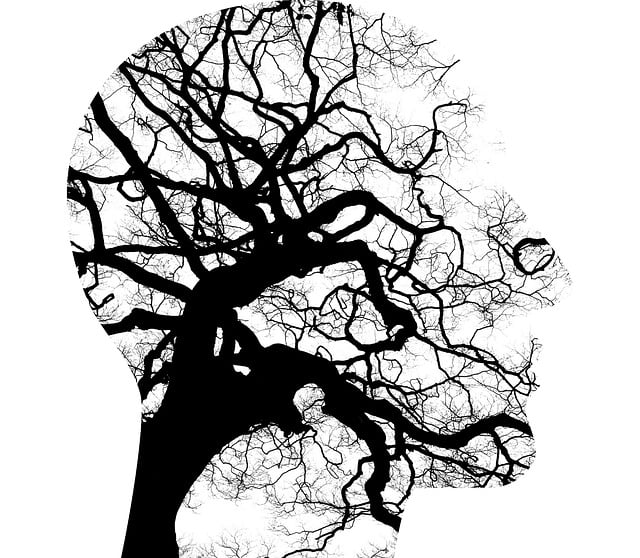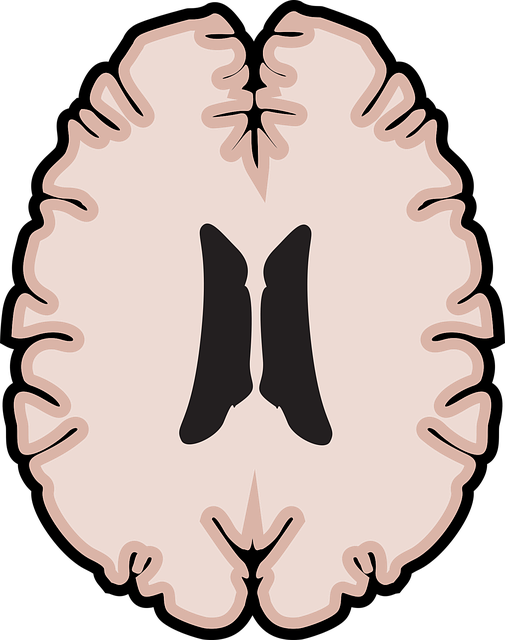Sexual abuse profoundly impacts young children's emotional and psychological development, leading to hidden injuries like complex trauma, behavioral issues (anxiety, depression, PTSD), and physical symptoms. Effective support involves specialized therapy such as play therapy, TF-CBT, EMDR, and Compassion Cultivation Practices, tailored to age and developmental stage. Mental wellness coaching programs and healthcare provider cultural competency training ensure comprehensive support for recovery. These tailored therapy programs, offered by reputable organizations, create safe spaces for children to process trauma, develop healthy coping mechanisms, and regain control over their lives.
Trauma support services are vital in fostering healing for young children affected by sexual abuse. This article delves into the profound impact of such experiences on vulnerable kids, highlighting the need for specialized therapy approaches tailored to their unique needs. We explore effective strategies and resources available for child survivors, emphasizing the importance of accessible and comprehensive support systems. By understanding the impact and navigating appropriate services, we can empower young survivors on their path to recovery.
- Understanding the Impact of Sexual Abuse on Young Children
- Specialized Therapy Approaches for Child Survivors
- Accessing and Navigating Support Services for Effective Healing
Understanding the Impact of Sexual Abuse on Young Children

Sexual abuse can have profound and lasting effects on young children, impacting their emotional and psychological development in significant ways. When a child experiences sexual violence, it disrupts their sense of safety and trust, often leading to complex trauma that may not present immediately but can surface later in life. This hidden injury can manifest as various behavioral issues, such as anxiety, depression, post-traumatic stress disorder (PTSD), and even physical symptoms like chronic pain or gastrointestinal problems.
Understanding the impact requires a comprehensive approach, including specialized therapy for young children sexual abuse survivors. Therapy tailored to their age and developmental stage, such as play therapy or trauma-focused cognitive behavioral therapy (TF-CBT), can help them process their experiences and develop healthy coping mechanisms. Additionally, mental wellness coaching programs designed with children in mind, alongside healthcare provider cultural competency training, can ensure that every survivor receives the support needed to rebuild their sense of self and improve their overall mental wellness.
Specialized Therapy Approaches for Child Survivors

Trauma support services for child survivors of sexual abuse often incorporate specialized therapy approaches designed to meet the unique needs of young minds and emotions. One such approach is Eye Movement Desensitization and Reprocessing (EMDR), which has proven effective in helping children process traumatic memories and reduce their distress. This method encourages eye movements while the child recalls the event, aiding in the brain’s natural healing process.
Additionally, therapy for young sexual abuse survivors may include Compassion Cultivation Practices, a type of mindfulness training that helps children develop self-compassion and empathy. Such practices, often taught through Stress Management Workshops Organization, empower kids to manage their emotions more effectively. Moreover, depression prevention strategies are integral to comprehensive support, ensuring that survivors have the tools to maintain mental well-being as they navigate the healing journey.
Accessing and Navigating Support Services for Effective Healing

Accessing support services is a vital step for young children who have experienced sexual abuse to begin their journey towards healing. It can be a challenging and often overwhelming process, especially for survivors who may feel vulnerable and uncertain about seeking help. Many organizations now offer specialized therapy programs tailored specifically for young survivors, ensuring a safe and supportive environment. These services are designed to address the unique needs of children, helping them process their traumatic experiences and develop healthy coping mechanisms.
Navigating these support systems involves finding reputable organizations with trained professionals who understand the complexities of childhood sexual abuse. Therapy for young children should focus on emotional healing processes, providing a space where they can express their feelings and begin to rebuild their sense of safety. Additionally, stress management workshops within these organizations can empower survivors with tools to manage their emotional responses, while confidence-boosting activities may help them regain a sense of control over their lives.
Supporting young children who have experienced sexual abuse requires a comprehensive approach, from understanding the unique impact of such trauma to accessing specialized therapy and services. By implementing these strategies, we can ensure that survivors receive the effective healing they deserve. Specialized therapy approaches, tailored to the needs of young victims, play a pivotal role in their recovery journey. Navigating support services and fostering an environment of care and understanding is essential for promoting resilience among sexual abuse survivors.













